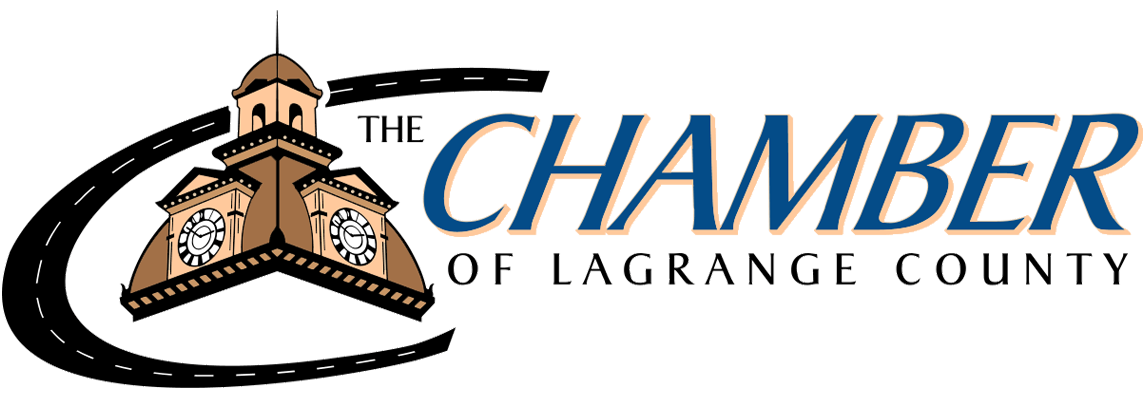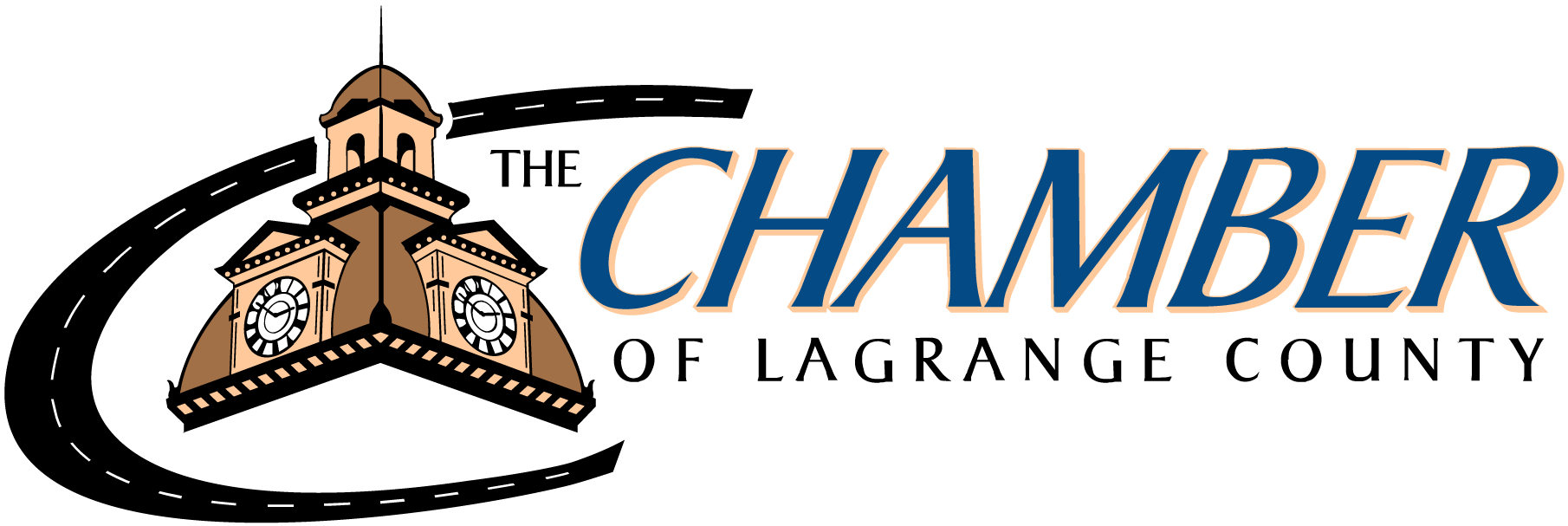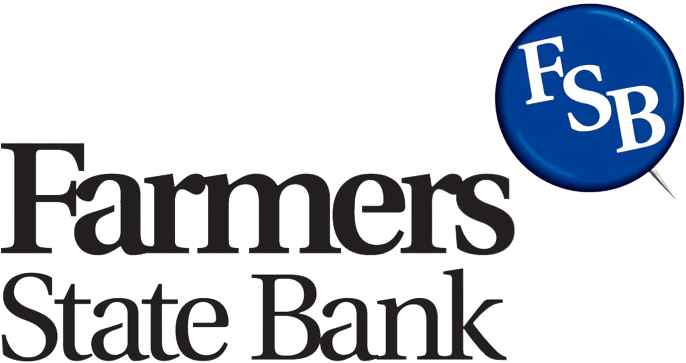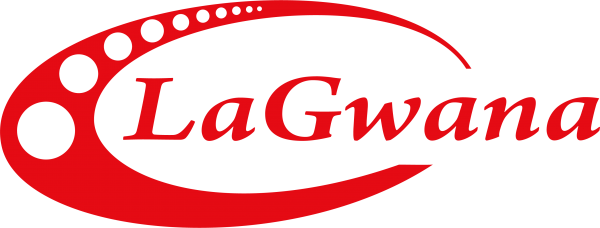Coffee with the County - Bison, Legacy, & LaGrange County
I’ll be honest…the first time I ever took a wagon ride at Cook’s Bison Ranch and saw a bison’s tongue extend its slimy self toward my position on the wagon, I was a little grossed out. I couldn’t get myself to do it. I couldn’t convince the innermost part of me to grow the confidence to extend some feed pellets onto that slimy, scratchy bison tongue.
I am, however, always mesmerized by the sheer size and power of these beasts. Covered in burly brown fur, often with burrs attached throughout, these mammals approach wagon rides ready for close-up feedings and socializing with their human counterparts. It’s an experience unlike any other in LaGrange County, and it’s available to you in Wolcottville!
On May 9, we released our latest Chamber Chat Podcast episode which spotlighted Peter and Erica Cook, owners of Cook’s Bison Ranch. This week, allow me to introduce you to the Cooks through an abbreviated version of our podcast conversation. To catch the full version, head to our website, Spotify, or Apple Podcasts.
C: Tell us about the ranch, its history, and all about you.
Peter Cook: Well, we really only started calling it a “ranch” in the last 26 years or so since we established the bison part of it. It was originally purchased by my grandfather in 1939. When he bought it, he decided to raise popcorn and sold it to Yoder’s. We still have a really great relationship with them after so many years. He did regular farming all the way into the 50s–pigs, chickens, cows, they had everything. In the 60s, my uncle and dad took over the farm, and eventually it transferred entirely under my dad. In 1998, I was in college and my dad came to me and asked, “What do you want to do with the farm?” I was there getting a degree in finance, but I began researching and came across the National Bison Association. I found out people actually raised them, which I thought was strange. I had been to Yellowstone a couple of times and the animals always intrigued me. When I found out people actually raised them, I got this idea, and shared it with my dad. He basically said, “Well, you’ve got some time left in school, do some research.” I did, visited different places, we became members of the National Association, and decided we could start doing this as a part-time thing. Then we get to today where we get to an expanded full-time farm. I never raised or sold animals in my life, but we did it, and it wasn’t hard, because it was so different.
Erica Cook: Shortly after we got married, we went to a conference talk and learned about how this lady had opened up her home to host tours. I was going to school for education and thought, “Well we could do that.” So we started hosting groups and literally were hosting them in my in-laws’ garage and pool room with his grandpa’s hay wagon. We took the resources we had and just went with it.
C: So it started with your grandpa, Peter, and your kids have been involved their entire lives now too. That’s four generations. What does it mean to you to continue this legacy, this bison empire if you will, with your family surrounding it?
PC: Our daughter got married two years ago, and our son is a junior. They don’t yet know entirely what they want to do, and we don’t want to push them into something they don’t want to do. The ground will never go away, the animals might not be here forever. But I like that we were able to raise our kids in this setting, and they have the opportunity to do this too, if they choose to.
EC: You almost just sit here being in awe of grandpa’s property, getting to raise our kids here and having them be a part of this here. It is 24/7, and so being able to give them those tools, the work ethic, and the service that we get to provide to our community and guests is just really important to be able to hand down.
C: I love that you give this full experience, available for school children all the way up to adults. There’s an opportunity for everyone to experience the ranch.
EC: Yeah, we had a 90-year-old woman come to our ranch who saw our bison and was in tears, because she wanted to be able to see one in person before she died. You get so busy and rush through this and have to do life, but then you have these moments like this that are great reminders of why we get to do this. It’s really cool.
C: There is this word that gets thrown around within the tourism scene–”agritourism”--and it just means that there is an opportunity to showcase agriculture to visitors who want to experience something different than what they’re used to. Can you talk about the agritourism scene, and why you think that component is so important in your experience here on the ranch?
PC: Tourism is a huge economic driver in our county. For the most part, it is driven by Shipshewana, but it has expanded. That’s where agritourism has helped. People can come and spend 3-4 days in the area. The more they stay, the more they spend, and it’s just a snowball effect that helps everything. Agritourism makes the “tourism wheel” bigger which benefits the whole county.
EC: I think that education piece is so important too because not only do they get to see the animals, but then we give them the opportunity to try the meat. There was interest from when we started. There would be cars just stopped on the side of the road to see the bison. That’s when we knew we had something, and we didn’t want to keep it to ourselves.
C: Where do you distribute your meat?
PC: Most of our meat here goes to Yoder’s Meat & Cheese in Shipshewana. (Side note: You can try bison meat grown locally here, all in LaGrange County!)
C: How do people find out more about you?
EC: Facebook is a good place to get more real-time information (@CooksBisonRanch). Our website is www.cookbisonranch.com. Sometimes the best way is to call or text our business line, and you can learn more or book a group tour.
C: Is there anything else you’d like to share that you haven’t yet?
PC: I think something that is really cool is that these animals are out all the time. They’re never in barns. As far as the pastures here go, I’ve only reseeded two of them one time because I thought it would make it better. In fact, it didn’t. Many of these have been there since 1983. We don’t fertilize the pastures, the animals do it on their own. It’s the way it was designed to happen, and I don’t think people really realize that.
C: Not only is it a regeneration of your property, but of your family business too. How cool.







